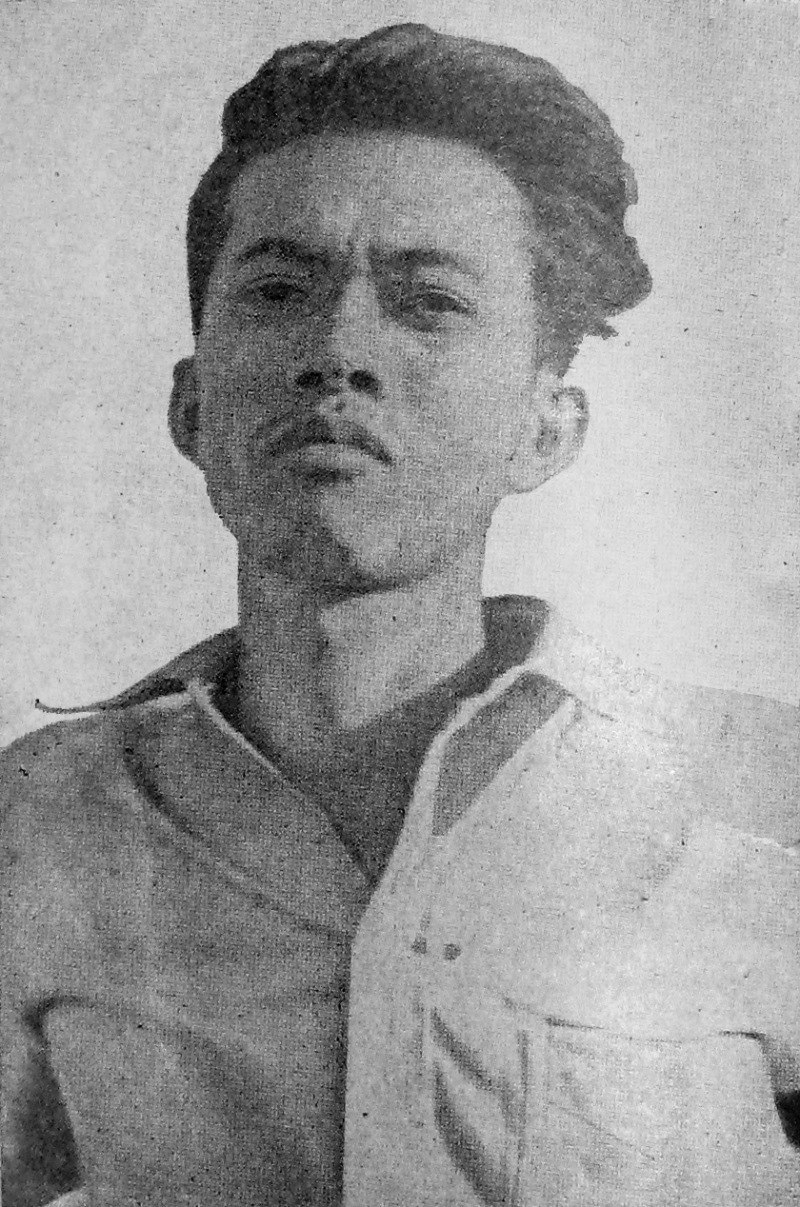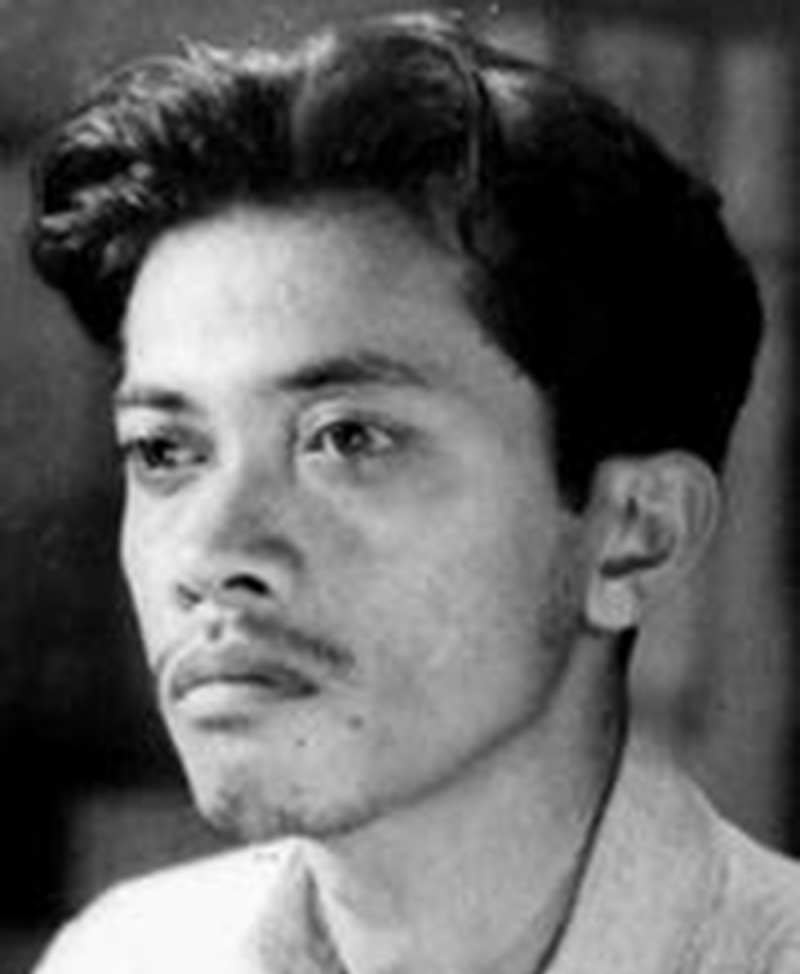Chairil Anwar
Chairil Anwar (July 26, 1922 - April 28, 1949) was an Indonesian poet and member of the "1945 Generation." He is thought to have written 96 works, including 70 poems. He is also among the most important historical figures in Indonesia.
Anwar was born and raised in Medan, North Sumatra, before moving with his mother to Batavia in 1940, where he became involved in local literary circles. Anwar continued to write after publishing his first poem in 1942. His poems, however, were occasionally censored by the Japanese, who occupied Indonesia at the time. Anwar lived a rebellious life and wrote extensively, often about death. He died of an unknown illness in Jakarta.
His work dealt with a variety of topics, such as death, individualism, and existentialism, and was frequently multi-interpretable. Drawing inspiration from foreign poets, Anwar wrote poetry in everyday language and new syntax, which has been credited with aiding the development of the Indonesian language. His poems were frequently constructed irregularly, but with distinct patterns.
Teeuw observes that by 1980, Anwar had received more attention than any other Indonesian writer. He also mentions that many of them were essays written by young writers who were looking for themselves through Anwar's works. Teeuw himself calls Anwar "the perfect poet."
Anwar's Westernized individualism, according to leftist critics, goes against the spirit of the Indonesian National Revolution, which they define as being for the people. The poems of Anwar have been translated into English, French, and Dutch. National Literature Day is observed on the anniversary of his death.
Birthdate: July 26, 1922
Died: April 28, 1949












